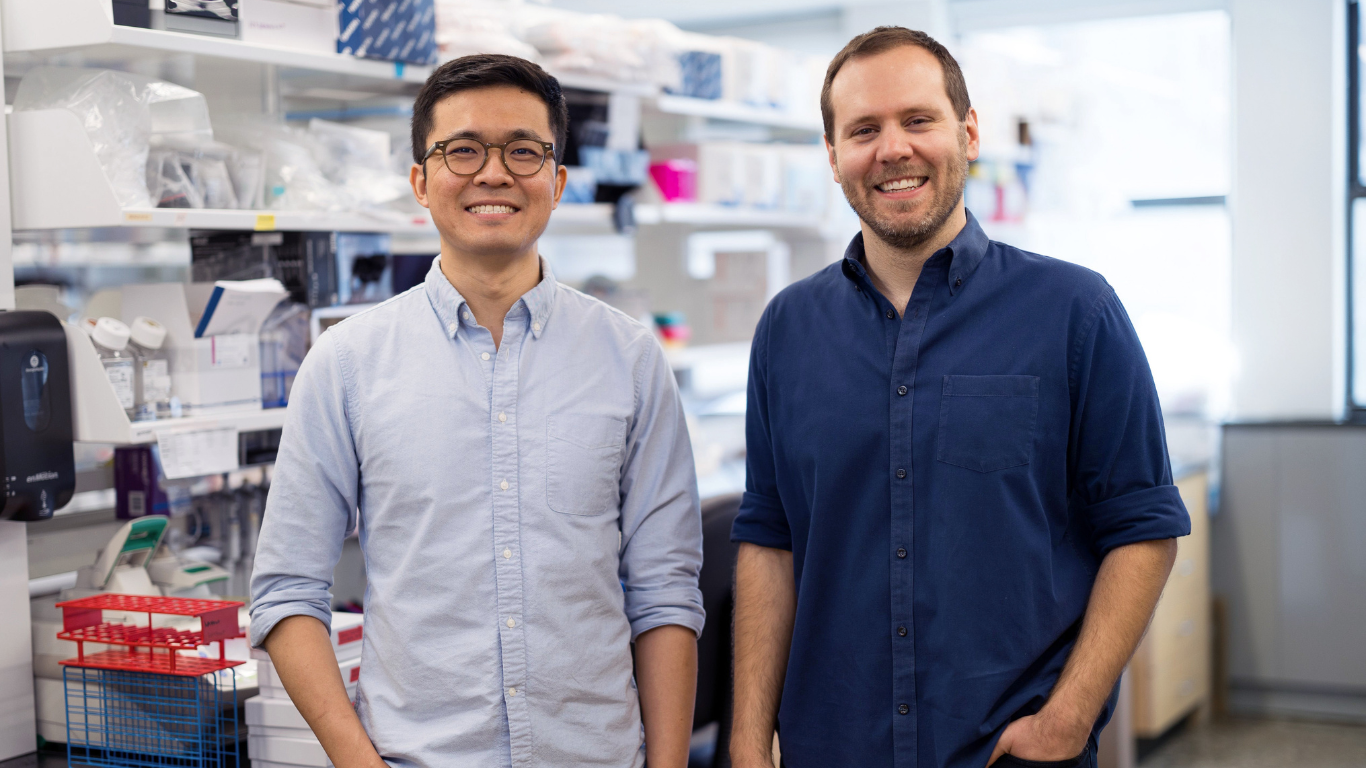What is Spatial Biology?
Spatial biology is an emerging field that studies biological molecules and cells within their native tissue context, providing a detailed 3D map of cellular organization and function. Unlike traditional methods that analyze dissociated cells or homogenized tissue samples, spatial biology preserves the crucial spatial relationships between different cell types and molecular components.
Why is Spatial Biology Gaining Momentum Now?
Several factors have converged to make spatial biology one of the hottest areas in biomedical research:
- Technological Advancements: Breakthroughs in imaging, sequencing, and computational analysis have enabled researchers to capture and interpret spatial data at unprecedented scale and resolution.
- Recognition of Context: There’s growing appreciation that a cell’s behavior is heavily influenced by its microenvironment and interactions with neighboring cells.
- Limitations of Existing Methods: While powerful, techniques like single-cell RNA sequencing lose critical spatial information when tissues are dissociated.
- Potential for Discovery: Spatial approaches are revealing new insights into tissue organization, cell-cell communication, and disease mechanisms that were previously hidden.
Groundbreaking Discoveries Powered by Spatial Biology
Spatial biology techniques are transforming our understanding of complex biological systems:
- Tumor Microenvironment: Researchers have mapped the intricate interactions between cancer cells, immune cells, and stromal cells within tumors, revealing potential new targets for immunotherapy.
- Brain Mapping: Spatial transcriptomics has uncovered previously unknown cell types and gene expression patterns in the brain, shedding light on neurodevelopmental disorders.
- Organ Development: Studies of embryonic tissues have revealed how spatial gene expression gradients guide organ formation.
- Disease Progression: Spatial analysis of tissues from patients with conditions like Alzheimer’s disease is providing new insights into disease mechanisms and potential biomarkers.
Waypoint Bio: Engineering Cell Therapies with Spatial Precision
Waypoint Bio is leveraging the power of spatial biology to revolutionize cell therapy development, particularly for solid tumors. Their unique approach, which they call “Multiplexing²,” combines two key innovations:
- Pooled In Vivo Screening: Waypoint tests hundreds of different cell therapy designs simultaneously within a single animal model, dramatically accelerating the discovery process.
- Spatially-Resolved Readouts: Using advanced imaging and analysis techniques, Waypoint captures thousands of data points for each cell therapy design, including information on tumor infiltration, proliferation, and killing activity – all while preserving spatial context.
This powerful combination allows Waypoint to rapidly identify cell therapy designs that can effectively navigate the complex tumor microenvironment. Their platform has already yielded promising results, including the discovery of CAR-T cell designs with superior tumor infiltration compared to current clinical benchmarks.
Waypoint’s platform stands out for its ability to measure hundreds of parameters on a single sample simultaneously. Their in-house spatial multi-omics platform captures data on individual cell proliferation, immune synapse quality, killing enzyme production, exhaustion levels, and many other critical factors. This comprehensive approach allows for an unprecedented view of how different cell therapy designs perform against cancer.
The company’s technological edge is further enhanced by:
- Comprehensive Data Collection: The platform simultaneously measures multiple parameters related to cell therapy performance in solid tumors, providing a holistic view of each design’s efficacy.
- Design Deconvolution: Waypoint can distinguish different CAR designs and modifications directly in tissue section images, allowing for precise tracking of each variant.
- AI/ML-Powered Analysis: Advanced computer vision and machine learning models are employed to extract and interpret the vast amount of spatial data generated.
- Iterative Improvement: The “lab-in-the-loop” approach allows for rapid refinement of designs based on in vivo performance data.
- Tumor Microenvironment Focus: By testing designs in the actual tumor context, Waypoint addresses the critical challenge of cell therapy efficacy in solid tumors.
Waypoint Bio was founded by Xinchen Wang, Ph.D. and David Phizicky, Ph.D.. Xinchen has a strong background in computational biology and genomics, Xinchen earned his Ph.D. from MIT and the Broad Institute, where he worked on pioneering genomics technologies. Prior to founding Waypoint Bio in 2021, he conducted postdoctoral research in human genetics at Columbia University Irving Medical Center. Ph.D.
David Phizicky did his Ph.D. in Biology from the Massachusetts Institute of Technology (MIT) in 2021. Prior to his doctoral studies, he obtained his Bachelor of Science degree in Molecular Biology from Princeton University in 2014.
David and Xinchen first met as Ph.D. students and roommates at MIT, laying the foundation for their future collaboration. They co-founded Waypoint Bio in 2021, combining their knowledge and skills to build a platform that leverages spatial biology for improving solid tumor cell therapy designs. Their complementary roles as CEO and CSO reflect a partnership that balances business leadership with scientific innovation in the pursuit of advancing cancer treatment technologies.
The Future of Spatial Biology
As spatial biology techniques continue to evolve, we can expect:
- Higher Resolution: Technologies that combine single-cell resolution with genome-wide analysis across large tissue areas.
- Multi-Omics Integration: Simultaneous analysis of transcriptomics, proteomics, and metabolomics data in a spatial context.
- Dynamic Imaging: Capturing spatial information over time to understand tissue development and disease progression.
- AI-Powered Analysis: Advanced machine learning algorithms to extract deeper insights from complex spatial datasets.
- Clinical Applications: Translation of spatial biology findings into diagnostic tools and personalized treatment strategies.
Spatial biology is ushering in a new era of biomedical research, providing a more holistic view of life’s intricate biological landscapes. As companies like Waypoint Bio demonstrate, these insights are already being translated into innovative therapeutic approaches with the potential to transform patient care.


